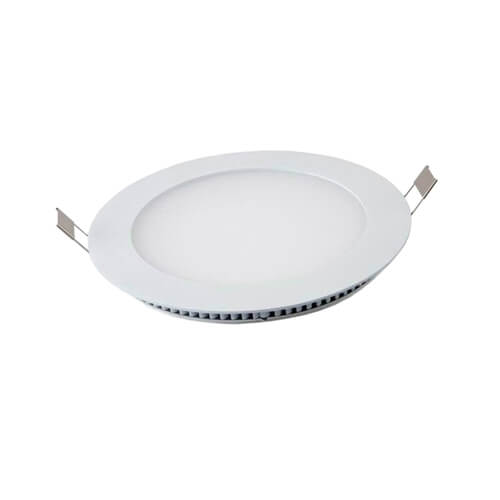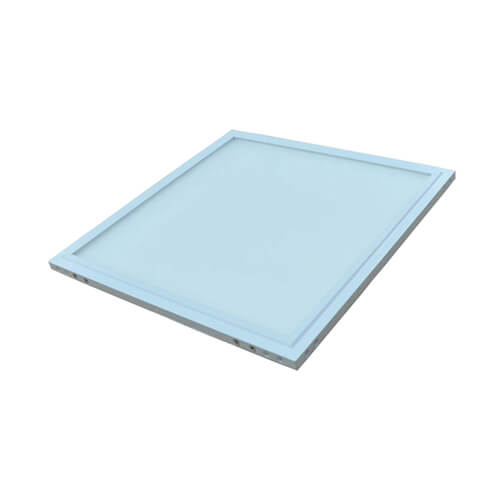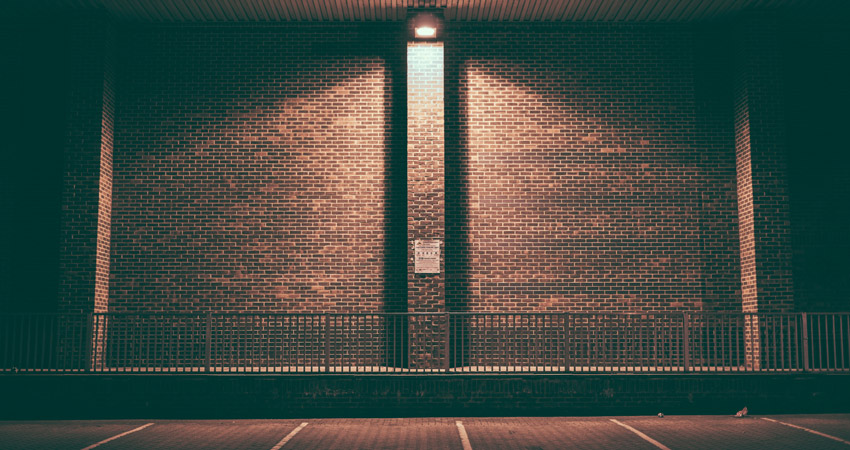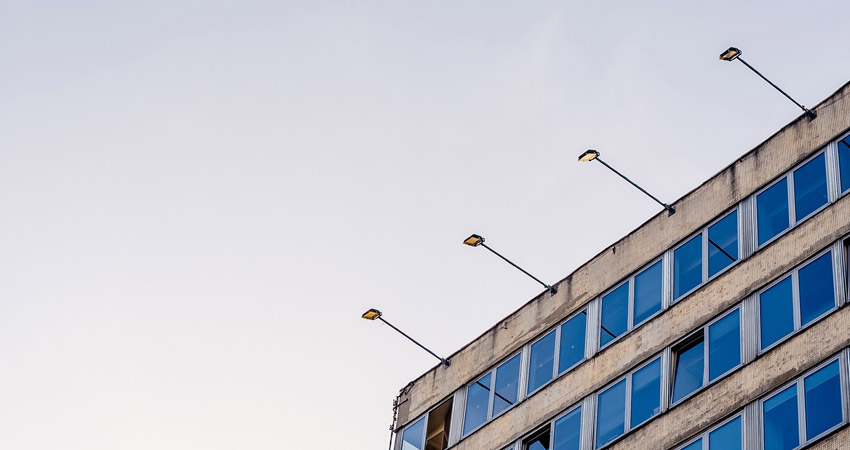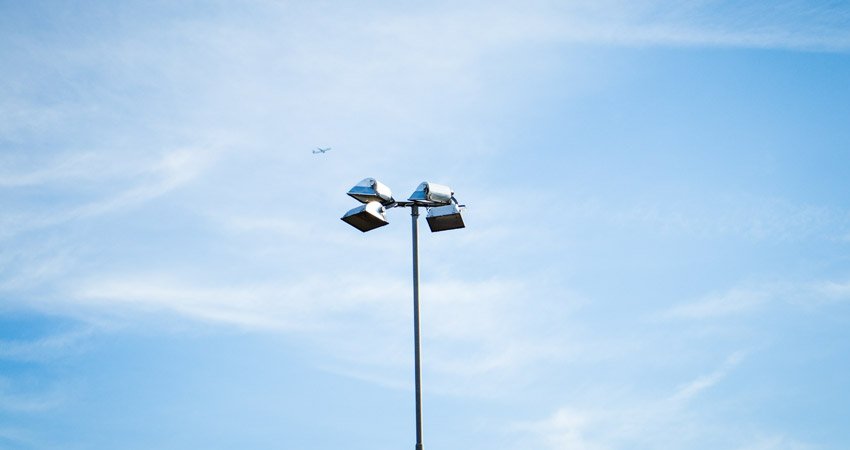Correct Lighting Improves Alzheimer’s Sleep

Preliminary results of a new study suggest that proper lighting can improve sleep, mood and behavior in Alzheimer’s patients in nursing homes.
People with Alzheimer’s disease and related dementia often experience sleep problems, confusion and daytime irritability. The study aimed to examine whether tailor-made lighting equipment could improve sleep and behavior in patients with Alzheimer’s disease in long-term care settings.
Dr. Mariana Figueiro, lighting research professor at Rensselaer Polytechnic Institute in New York, who is in charge of the study, said: “We have found that if we carefully transmit and measure the dopant (light dose), it can be symptomatic of depression, sleep, depression and pain.” As a secondary symptom, I was very pleasantly surprised to find that phototherapy has a positive effect on depression.”
The study studied 43 subjects diagnosed with Alzheimer’s disease and related dementia. These subjects contacted dynamic and non-dynamic custom lighting for four consecutive weeks. In the last week, measurements of sleep disorders (Pittsburgh Sleep Quality Index), emotions (the Cornell Dementia Rating Scale), and disturbances (Cohenmansfield Awakening Index) were collected.
The study found that “circadian rhythm stimulation” is CS 0.3, which is an adjustable dynamic color temperature, output, and distribution to achieve a medium “circadian rhythm stimulus” of 0.3. Most of the time after the patient wakes up, lighting is added to the space to be treated. Use a calibrated personal light meter to monitor the exposure time and other parameters.
Custom lighting significantly reduces sleep disturbances, depression and anxiety compared to normal and non-dynamic lighting conditions. Although all symptoms improved, the improvement in sleep quality was most evident.

